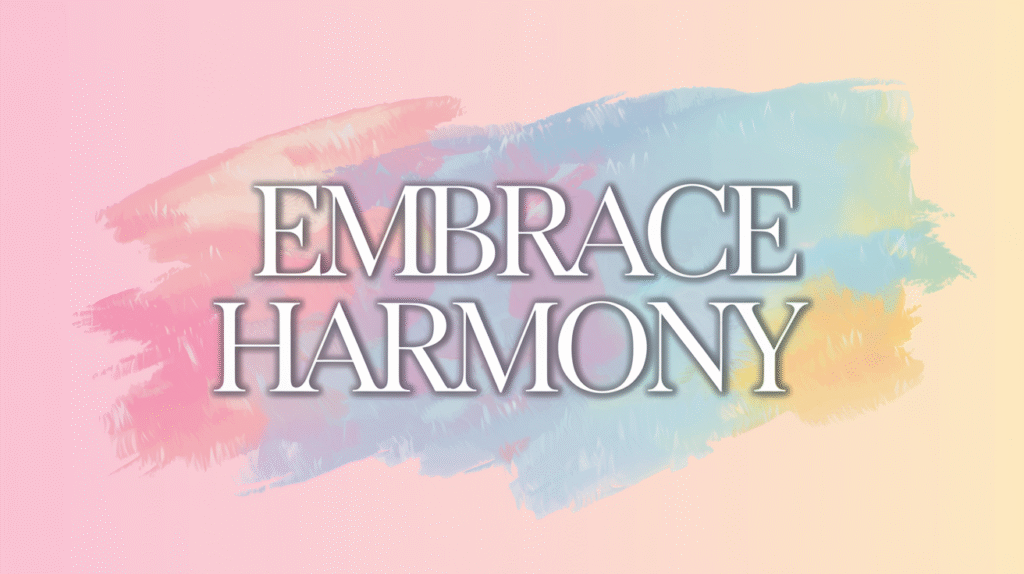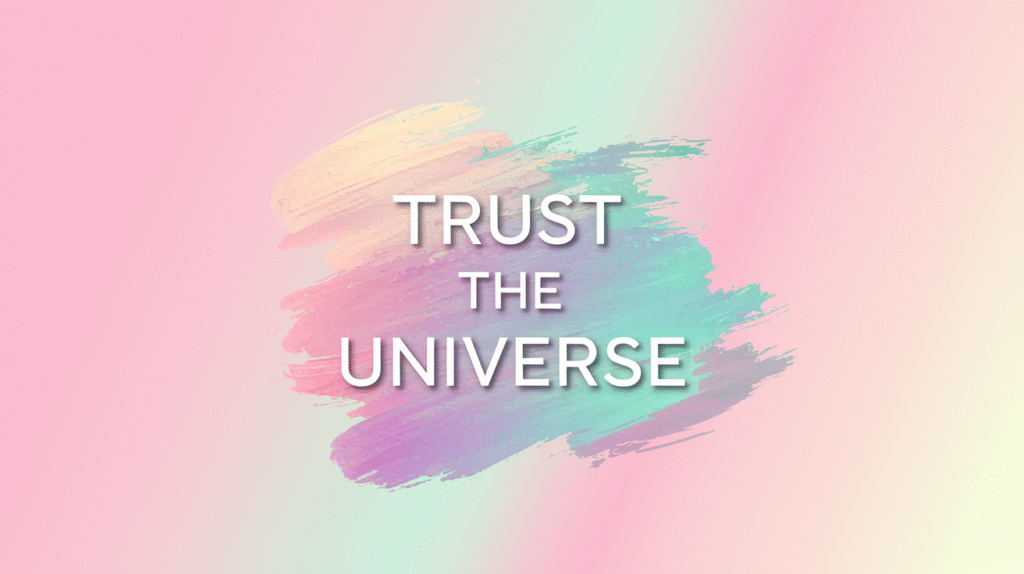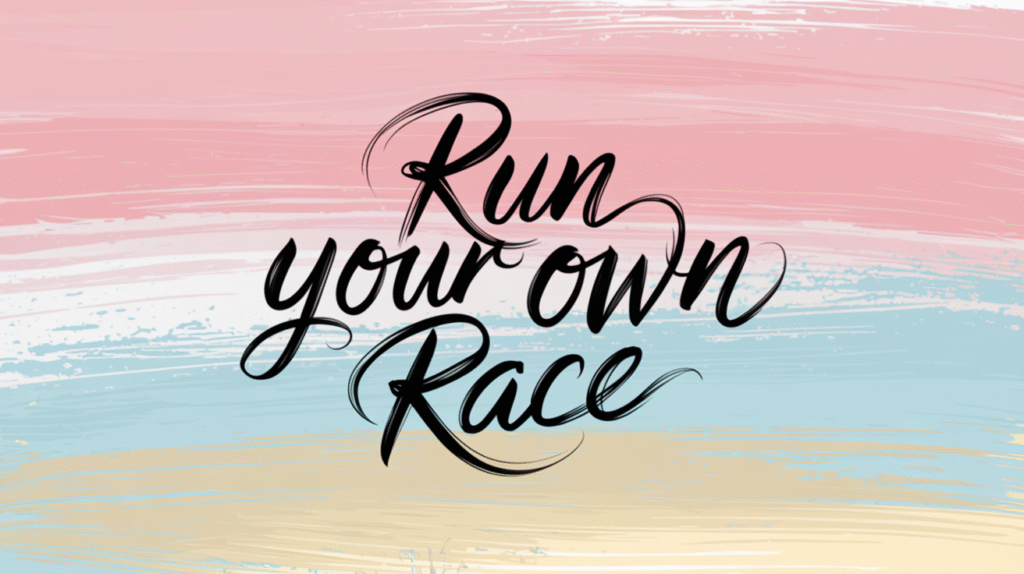
The Power of Love Over Power
Jimi Hendrix once said, “When the power of love overcomes the love of power, the world will know peace.” These words have echoed for decades, yet their message remains just as urgent and profound today. In a world shaped by competition, hierarchy, and the need to dominate, Hendrix’s vision feels like a long-lost melody waiting to be played again. Love—authentic, human, unconditional—is not a weakness. It’s the most radical, transformative force we have, capable of reshaping relationships, communities, and even systems. While the world often rewards those who rise through force, history and experience show that those who lead with compassion build longer bridges, deeper roots, and truer legacies.
This message isn’t about passivity or ignoring reality. It’s about reimagining power itself—not as control over others, but as influence through empathy, healing, and connection. When we lead, speak, and act from a place of love, we challenge a status quo that says dominance is the only way forward. We begin to create a culture where the strong aren’t those who shout the loudest, but those who lift others up.
History’s Refrain
Looking back through history, the love of power has shaped empires, policies, and personal decisions alike. Wars have been waged in its name, families torn apart, and communities divided. Yet despite all the noise that power makes, it never leaves lasting peace. It may build monuments, but it rarely builds trust. The pursuit of control, dominance, and status has been glamorized and normalized, and it continues to fuel cycles of injustice and inequality.
But history also tells another story—one written by those who chose love instead of fear, compassion instead of control. Movements for justice, healing, and change have always relied on people willing to walk a different path. From civil rights leaders to peace advocates, from spiritual teachers to everyday people who stand up for kindness, love has quietly reshaped the world. These stories remind us that love isn’t just an ideal—it’s a practice, one that leaves behind healing instead of harm.
Love as Leadership
True leadership isn’t about commanding attention—it’s about earning trust. The most powerful leaders aren’t the ones who dominate meetings or demand obedience. They’re the ones who create space, who listen deeply, who admit when they’re wrong, and who make decisions with others in mind. Leadership guided by love recognizes that people aren’t resources to be used—they’re lives to be honored. Whether it’s a teacher, a parent, a manager, or a policymaker, leadership means setting the tone for the kind of world you want others to live in.
When empathy becomes part of leadership, it changes the atmosphere. Teams work better. People feel safer. Creativity flows. We’re more willing to take risks and speak our truth when we’re not afraid of being punished for failing. In every sphere—government, schools, workplaces, activism—the leaders who leave the deepest impact are those who dare to lead with heart.
The Role of Music and Culture
Music, art, film, and storytelling shape the way we think and feel. They speak to the parts of us that facts alone can’t reach. Some of the most important messages in our cultural memory didn’t come from speeches or textbooks—they came from songs, poems, and performances that lit a fire in our souls. Rock music, in particular, has often been a rebellious force, pushing back against war, injustice, and blind obedience. It gave voice to generations who felt unseen, who longed for something real.
Culture can reinforce destructive narratives, but it can also dismantle them. When we use our creativity to uplift the values of compassion, equity, and peace, we shift the conversation. We create room for new stories to be told—stories where love matters more than status, and where power means lifting others instead of lording over them. In this way, every artist, writer, or musician becomes a messenger for something bigger than themselves.
Social Media and Connection
The digital age has given us an unmatched ability to reach each other. With one post, a message of hope or healing can travel across the world. But it also means that toxic messages, outrage, and misinformation can spread just as quickly. Social media platforms often reward division, and many users are drawn into cycles of comparison, anger, or disconnection. Yet even here, the power of love can rise above the noise.
Using digital spaces to share encouragement, vulnerability, truth, and understanding is a modern act of resistance. When we choose to respond with grace instead of sarcasm, to celebrate instead of compete, we change the tone of the online world. We remind others—and ourselves—that we’re still human on the other side of the screen. This doesn’t mean ignoring harm or injustice. It means leading by example with every click, post, and comment.
The Practice of Everyday Love
Love doesn’t just show up in grand gestures. It lives in the way we treat people when no one is watching. In how we speak to ourselves. In how we care for those who are easy to overlook. Love is in the quiet moments—apologizing without being asked, holding space for someone’s pain, showing patience when it’s inconvenient, standing up for someone who can’t stand up for themselves. These everyday acts are what create trust, safety, and connection.
Each of us has the power to influence our space. Whether we’re parents, students, caregivers, neighbors, or friends, we make choices every day that reflect either fear or love. Choosing love doesn’t mean avoiding conflict—it means facing it with honesty and compassion. It means showing up as our real selves, committed to growing and giving even when it’s hard. These choices build the kind of culture we long for: one where people feel safe, seen, and supported.
What Legacy Will You Leave?
So now we turn the mic to you. What kind of legacy do you want to create in the spaces you live and lead? What might change in your life if you prioritized love in more of your decisions—at home, at work, in conversations, online, or in your community? What power would you be willing to give up in order to create space for someone else to feel seen?
This isn’t just an invitation to reflect. It’s a challenge to act. Let your daily rhythm reflect the values you want to multiply in the world. Love may not be the loudest voice in every room, but it’s the one that stays long after the noise has faded. When love becomes the force behind what we say, do, and build—then we begin to rewrite the song of our culture into something worth remembering.



